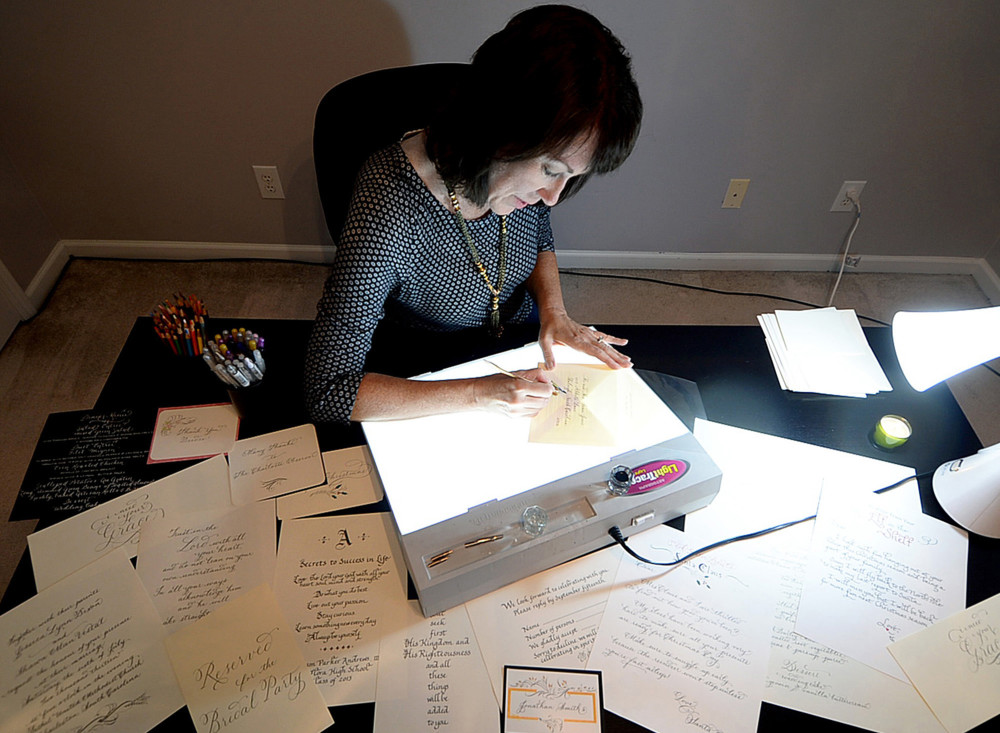By Cindy Krischer Goodman
Miami Herald.
WWR Article Summary (tl;dr) For women in business who are juggling multiple responsibilities, starting a business with a friend may seem like a great idea. I mean who better than your bestie to understand your needs, quirks, hopes and dreams? Sounds ideal, but think long and hard about expectations. Differences around roles, work hours and the pace of growth can undermine a friendship. Many entrepreneurs find a written operating agreement, while potentially painful to create, forces partners to establish ground rules.
Miami Herald
One day I visited a friend at her children’s clothing shop. The merchandise was displayed nicely, the store had customers, but my friend was furious. “What’s wrong?” I asked. “My partner went home early again,” she grumbled.
It wasn’t long after that my friend closed the shop and the friendship with her partner disintegrated. The two mothers both wanted flexibility, but one used it way too often at the detriment of the business, the partnership and the friendship.
Today, people are starting businesses in droves, aspiring to be their own boss and have the flexibility they crave. But when you go into business with friends, more than just financial rewards are at stake and increasing work-life issues are at the crux of conflicts. Differences around roles, work hours and the pace of growth can undermine a friendship in such setups.
“Picking your business partner is as important as picking your spouse,” says Jena Rissman Atlass, president of Atlass Dispute Resolution in Fort Lauderdale, Fla.
“About 99 percent of time when things go wrong it’s because ‘friends’ didn’t address the hard stuff.”
Many find a written operating agreement, while potentially painful to create, forces them to establish ground rules.
Friends, mothers and business partners Neydy Gomez and Claudia Machado say their agreement took about three months to complete and brought up sensitive issues they hadn’t contemplated.
In May 2015, they opened Zaniac Miami, a science, technology and math after-school program in a campus setting. “We agreed up front about how often we would meet to go over plans, how we would leverage each other’s abilities, how we would handle life’s unexpected events, and how we would handle our different personal priorities,” Machado says. “Some issues were difficult and took a while, but we were able to come to an agreement.”
The two realized a business partnership could unravel if one felt like she was carrying all the weight.
Gomez puts in long hours at the Zaniac Miami campus during the week. Machado comes in on the weekends. “It may not always be 50-50 … sometimes one of us will do more,” Gomez says. “But we want to think at the end of the year we’re doing an equal amount of work to make the business grow. We trust each other as friends, and that’s a hard commodity to find in a business partner.”
Nationally, startups made a comeback in America in 2015, reversing a six-year downward trend, according to Kansas City, Mo.-based Kauffman Foundation, which funds entrepreneurship education and development. And a Harvard Business School study of 10,000 startups estimated about 40 percent of founding teams included people who were friends before building their businesses.
Friends who work together or collaborate professionally before launching a company increase their chances of success, the Harvard Business School study shows. Rick Mijares and Paul Greenberg met in college at Florida State University, worked as bartenders and always had a dream to open their own restaurant and bar concept. A couple of years after graduating, they opened American Social, a restaurant and bar in Fort Lauderdale.
Now, four years later, both have two toddlers, a second restaurant in Miami and plans to expand throughout Florida. They also have flexibility, dedicated areas of responsibility, constant communication and respect for each other’s work ethic. “When you work with your buddy it’s more enjoyable and when we have issues at home, we know we can rely on each other,” Mijares says. More important, he says, “We work even harder because we don’t want to let each other down.”
Greenberg says he and Mijares talk through challenges, including things they want to change and how to recover from mistakes: “We both understand work is work and friendship is friendship, and we will both do whatever is necessary to make sure the business is successful.”
To be sure, partnerships that work tend to have the dynamics of successful marriages. “There’s a lot of give and take and ongoing communication,” says Dana Rhoden, owner of The Dana Agency, a Miami public relations firm. She recently entered a partnership with friend, former news anchor Cynthia Demos. Rhoden says friends tend to draw on each other’s strengths, but both need to feel respected. “If your priority is working out for 60 minutes a day, that has to be treated as important as a mom who picks up her kids at school. Time needs to be carved out for both priorities.” Rhoden, who had a prior partnership, found friends can be less likely to acknowledge an elephant in the room and that’s when problems arise: “You need to be able to say you’re struggling, rather than letting stuff fall through cracks, because that’s where animosity builds.”
Rhoden says it took an outside consultant to point out she and her prior partner had different goals and were no longer suited to be business partners. They parted amicably. Her lesson: “A best friend doesn’t always make a great roommate, and all friendships don’t transfer into good business partnerships.”
___
ABOUT THE WRITER
Cindy Krischer Goodman is CEO of BalanceGal LLC, a provider of news and advice on how to balance work and life














































































































































































































































































































































































